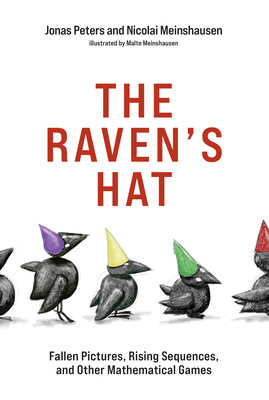Expedite your nonfiction book discovery process with Readara interviews, summaries and recommendations, Broaden your knowledge and gain insights from leading experts and scholars
In-depth, hour-long interviews with notable nonfiction authors, Gain new perspectives and ideas from the writer’s expertise and research, Valuable resource for readers and researchers
Optimize your book discovery process, Four-to eight-page summaries prepared by subject matter experts, Quickly review the book’s central messages and range of content
Books are handpicked covering a wide range of important categories and topics, Selected authors are subject experts, field professionals, or distinguished academics
Our editorial team includes books offering insights, unique views and researched-narratives in categories, Trade shows and book fairs, Book signings and in person author talks,Webinars and online events
Connect with editors and designers,Discover PR & marketing services providers, Source printers and related service providers

The Raven's Hat: Fallen Pictures, Rising Sequences, and Other Mathematical Games
Mathematics > Probability & Statistics - General
- MIT Press
- Paperback
- 9780262044516
- 8.1 X 5.4 X 0.6 inches
- 0.65 pounds
- Mathematics > Probability & Statistics - General
- (Single Author) Asian American
- English
Readara.com
Book Description
This book presents a series of engaging games that seem unsolvable--but can be solved when they are translated into mathematical terms. How can players find their ID cards when the cards are distributed randomly among twenty boxes? By applying the theory of permutations. How can a player guess the color of her own hat when she can only see other players' hats? Hamming codes, which are used in communication technologies. Like magic, mathematics solves the apparently unsolvable. The games allow readers, including university students or anyone with high school-level math, to experience the joy of mathematical discovery.
Author Bio
Jonas is professor in statistics at the Department of Mathematical Sciences at the University of Copenhagen. Previously, he has been a group leader at the Max-Planck-Institute for Intelligent Systems in Tuebingen and a Marie Curie fellow at the Seminar for Statistics, ETH Zurich.
He studied Mathematics at the University of Heidelberg and the University of Cambridge and obtained his PhD jointly from MPI and ETH. He is interested in inferring causal relationships from different types of data and in building statistical methods that are robust with respect to distributional shifts. In his research, Jonas seeks to combine theory, methodology, and applications. His work relates to areas such as computational statistics, causal inference, graphical models, independence testing or high-dimensional statistics.
Research Interests
My work focuses mainly on causal inference: we try to learn causal structures either from purely observational data or from a combination of observational and interventional data. We therefore develop both theory and methodology. Our work relates to areas like high-dimensional statistics, computational statistics or graphical models. It's an exciting research area with lots of open questions!
Source: web.math.ku.dk/~peters
Videos


Community reviews
No Community reviews

